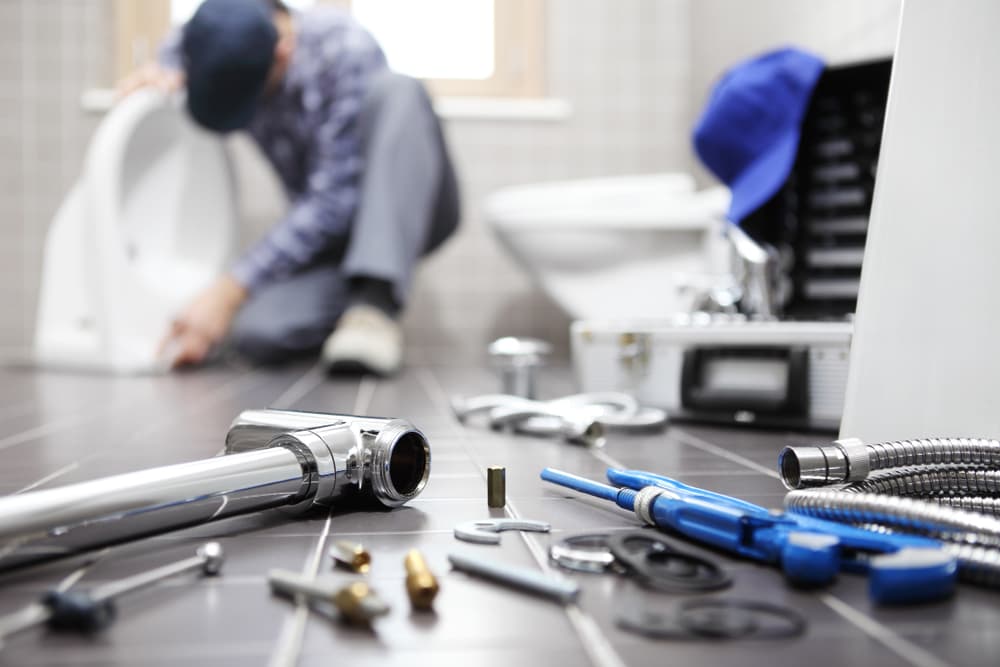Most people do not realize how complex their home’s plumbing system truly is. We often say that it is water going in and water going out. We don’t think about the various pipes, fittings, and gaskets that ensure it does what it is supposed to do.
However, when you contact your New Orleans plumber about issues that you may have, knowing some plumbing terms and abbreviations may be beneficial since it will allow you to describe what is going on.
Very Common Plumbing Terms You Should Know
Freshwater Systems: This refers to the water going into your home. It is clean and drinkable.
Wastewater Systems: This is the water that has been used for bathing or flushing the toilet. It is often used to talk about your septic or sewer lines.
Types of Pipes: There are several types of pipes that may be used in your home’s plumbing. Some terms you may hear are going to include galvanized pipes, cast iron pipes, PVC pipes, copper, ABS, and Flexi pipes.
Flow Rates: Gallons Per Flush (GPF) or Gallons Per Minute (GPM). Both terms are typically used to describe the amount of water that is being used.
Potable Water: This is clean water. When your plumber mentions potable water, he refers to lines from which you can drink.
Sediment: Hard water, sand, etc., can pile up inside your water heaters or your pipes. When it does, it is called sediment. As sediment builds up, it can cause clogs that need to be cleaned or make your appliances lose efficiency.
Effluent: This commonly refers to wastewater pipes from your drains or toilets.
Fittings: The fittings allow pipes to connect to your sink, drains, and even other pipes.
Ball Check Valves or Float Balls: Some valves have small balls. This ball prevents water from traveling in one direction. If it isn’t working or the ball is not moving properly, it can allow water to go where it shouldn’t.
Gaskets: Gaskets are often rubber pieces that can be placed between fittings to prevent leaks. You will have gaskets on the pipes where they connect to faucets. Under your toilet, you have a gasket that attaches to a floor flange to prevent leaks.
Interceptor: The interceptor can separate oil and other debris, so it doesn’t clog drains.
Shutoff Valves: These valves turn on or off the water to a specific area. Toilets and sinks all have a shutoff valve nearby, and you should also have the main water shut off somewhere outside your home.
Traps: This usually prevents odor from your sewer from entering your home. You may have foul odors in your tub or sink drains if it isn’t functioning properly.
Snake: The snake is often used to clear away clogs from your drain pipes, especially if the clog is just under the sink, shower drains, etc.
Flow Control Valves: The flow control valve is installed to allow water to flow into your faucets. This can reduce or increase your water efficiency.
Septic Tanks: The septic tank is where wastewater goes if you aren’t connected to a sewer system. If the septic tank overflows or has damage from tree roots, it can leak into your yard or backflow into your home.
Gas Cock: When you have gas lines in your home, this is the main shutoff for it.
Sump Pumps: If you have a basement that’s prone to flooding, you may have or need to have a sump pump installed to help you get the water out of your home.
Water Hammer: This is a term that your plumber may use when discussing noises from your pipes. It may be a clack or a bang heard when your water is turned on or off.
Video Pipe Inspections: Using a RooterCam, your plumber can see what is happening inside your pipes. This allows them to see broken pipes, root intrusions, corrosion or buildup, and any other problems that may slow your water flow or drain flow.
Under Slab Repairs and Tunneling: This process allows a plumber to get under your floors to your hidden pipes without damaging your floor. The crew digs a hole outside to get under your home’s foundation and tunnels in from there.
RooterMan Has You Covered
This isn’t a complete list of words or terms that plumbers use, but it should give you a place to start. However, whether you understand the plumbing terminology or not, RooterMan is here for you. You can call us at the first sign of trouble with your home’s plumbing in and around New Orleans, and we will find a way to fix it!
Image source: markwar/Shutterstock



